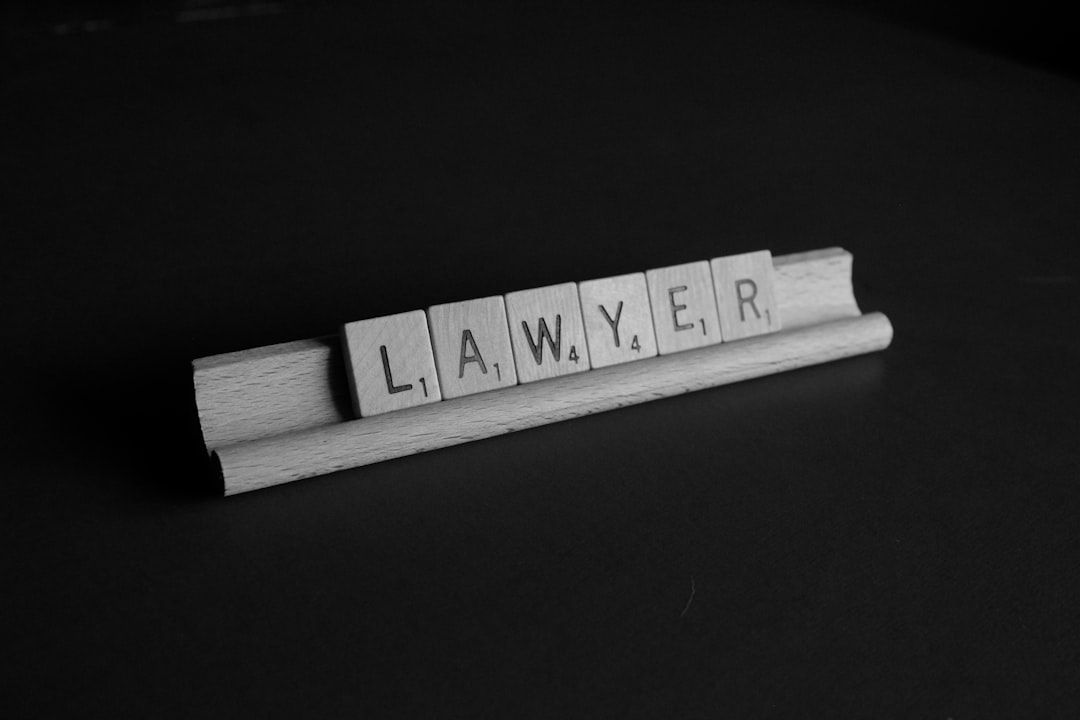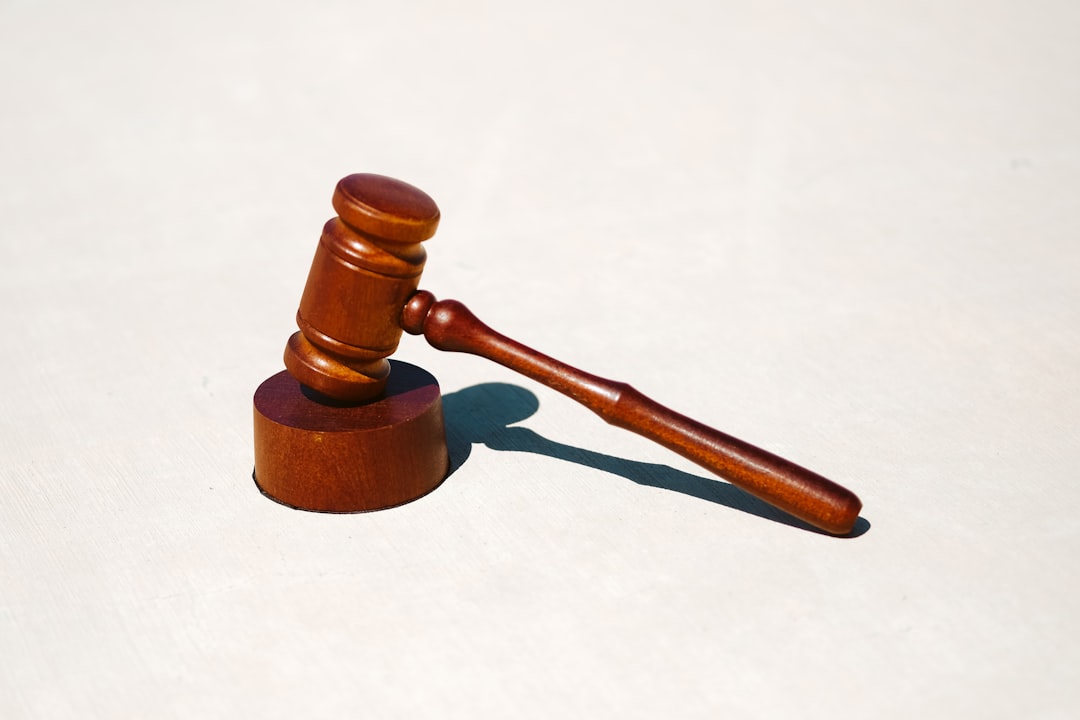In Connecticut, sexual violence accusations carry profound consequences. If you or someone you know has been charged with a sex crime, finding a knowledgeable rape lawyer is crucial. This article delves into Connecticut’s sexual violence laws, highlights the essential role a rape lawyer plays in your defense, and offers guidance on navigating legal procedures post-accusation. Additionally, it provides resources for survivors seeking support.
Understanding Sexual Violence Laws in Connecticut

In Connecticut, sexual violence is taken very seriously, with laws in place to protect victims and ensure justice for perpetrators. If you’re facing sexual violence accusations—including allegations of rape—it’s crucial to consult a dedicated rape lawyer Connecticut has to offer. These legal professionals are equipped to navigate the complex criminal justice system, ensuring your rights are protected throughout the process.
Connecticut’s laws define sexual assault broadly, encompassing various forms of non-consensual sexual acts. A key aspect is understanding consent—which must be clear, enthusiastic, and ongoing. If there was no mutual agreement or if consent was obtained through coercion or force, it can constitute rape. A qualified Connecticut rape lawyer will scrutinize the circumstances surrounding the incident, gathering evidence and interviewing witnesses to build a robust defense strategy tailored to your unique situation.
The Role of a Rape Lawyer: Your Advocate

When facing sexual violence accusations, having an experienced rape lawyer in Connecticut by your side is invaluable. These attorneys specialize in complex legal matters related to rape and sexual assault cases, providing critical support and advocacy for their clients.
A rape lawyer acts as a powerful ally, offering expert guidance throughout the entire process. They navigate the intricate legal system, ensuring your rights are protected and that you receive fair treatment. With their extensive knowledge of Connecticut’s laws and court procedures, these professionals can build a robust defense strategy tailored to your unique situation. Their goal is to achieve the best possible outcome, whether through negotiation or a successful trial.
Navigating Legal Procedures After an Accusation

When facing sexual violence accusations, navigating legal procedures can seem daunting. A qualified rape lawyer in Connecticut understands the complexities and emotional weight of such cases. They guide clients through each step, ensuring their rights are protected and that they receive a fair representation. This process involves gathering evidence, interviewing witnesses, and constructing a robust defense strategy tailored to the unique circumstances of the case.
A Connecticut attorney specializing in these matters also helps clients manage the legal system’s demands while providing emotional support. They ensure that every aspect of the case is handled with sensitivity and confidentiality, crucial factors in such sensitive cases. This includes communicating with prosecutors, negotiating plea bargains (if applicable), and representing the client in court—all aimed at achieving the best possible outcome under the circumstances.
Support and Resources for Survivors in CT

In Connecticut, survivors of sexual violence can find support through various resources and organizations dedicated to helping them navigate their journey towards healing. Many non-profit groups offer confidential services, including counseling, legal advocacy, and emergency shelter for those who have experienced rape or other forms of assault. These organizations work closely with a rape lawyer in Connecticut to ensure survivors receive the comprehensive assistance they need, both legally and emotionally.
The state’s legal system offers specialized courts and programs designed to protect victims’ rights and provide a safe environment for them to share their stories. This includes support during criminal proceedings, civil lawsuits, or when seeking orders of protection. Survivors can also access victim advocates who can explain legal options, accompany them to court, and connect them with other necessary resources, providing invaluable support throughout the entire process.






